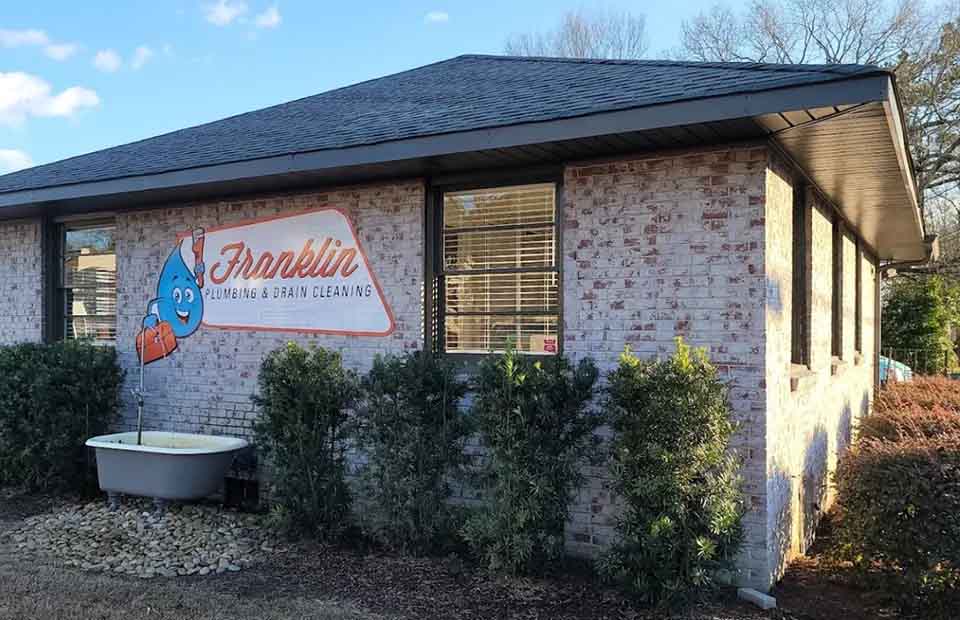Water Resistance: Given a bathroom’s inevitably high moisture level, water resistance is important. “For a bathroom, it’s a good idea to select a floor that is water-resistant or even fully waterproof,” says Angie Hicks, home expert and co-founder of Angi. “While you might like the look of hardwood floors in a bathroom, they’ll likely need to be replaced as they are prone to absorb water and warp over time in humid areas.” (The only exception is a showerless powder room or half bath, which is unlikely to build up the same moisture level as a full-sized bathroom.)
Still, Hicks says that “there are a lot of great flooring options that are waterproof or water-resistant and look great in a bathroom.” While tile is a common choice, Kaminski and Pew point out that it’s not ideal for every bathroom. “Not all tile is approved for wet applications,” they say. “Make sure to check with the manufacturer that the application is suitable for the intended use.”
Floor Type and Durability: Several types of flooring work well for bathrooms. “Ceramic comes in a wide variety of colors and shapes, is durable, low-maintenance, and water resistant,” Hicks says. Porcelain is also a great choice. “It looks similar to ceramic but, because it is more durable, it’s a bit pricey as well,” she adds.
Hicks says that natural stones like granite, marble, slate, and limestone hold up well against moisture and wear and tear. She also suggests polished concrete, which is waterproof and low maintenance. “It also resists any mold and mildew well,” Hicks says. Vinyl is another popular choice, and it’s affordable, too. “It’s sold in a ton of different styles, colors, and types, making it incredibly versatile,” she says. “It’s also incredibly waterproof and very easy to install.” However, she points out that vinyl may wear down over time, requiring replacement sooner than other flooring types.
Slip Resistance: Bathrooms can be slippery as a result of their high moisture levels, making slip resistance an important element to consider. “Most manufactured tiles come with a rating called the coefficient of friction (COF) which determines the level of slip-resistance,” Kaminski and Pew explain. “Grout is another factor that contributes to slip resistance,” they say. “In showers, we typically recommend a smaller format with more grout joints for added grip.”
Slip resistance is especially important if you have children or older adults in your home. “You can help to make your floors less slippery by getting a textured floor, which can improve traction,” adds Hicks. “Additionally, you can add rugs and bath mats on any floor to help reduce the risk of falling.”
Maintenance Requirements: Maintenance will vary based on the type of flooring you have, making it important to read the manufacturer’s directions. “Depending on the material selected, it can be high maintenance with natural stone – requires yearly sealing – or low maintenance with porcelain and ceramic,” says Tara Benet, lead designer at Tara Benet Interior Design. The amount of grout matters, too. “If the tiles are small and there is more grout, that will require more cleaning,” she says. Some flooring types may benefit from re-sealing or refinishing over time. However, the manufacturer’s directions should state that.










